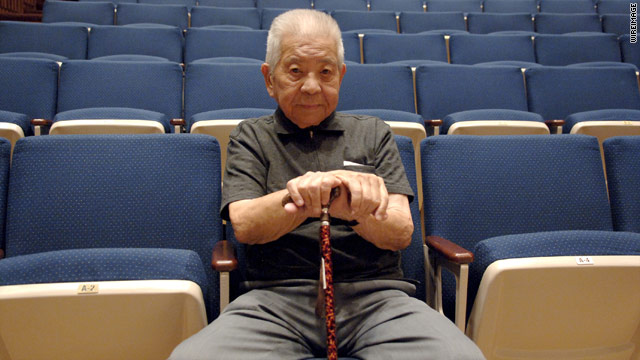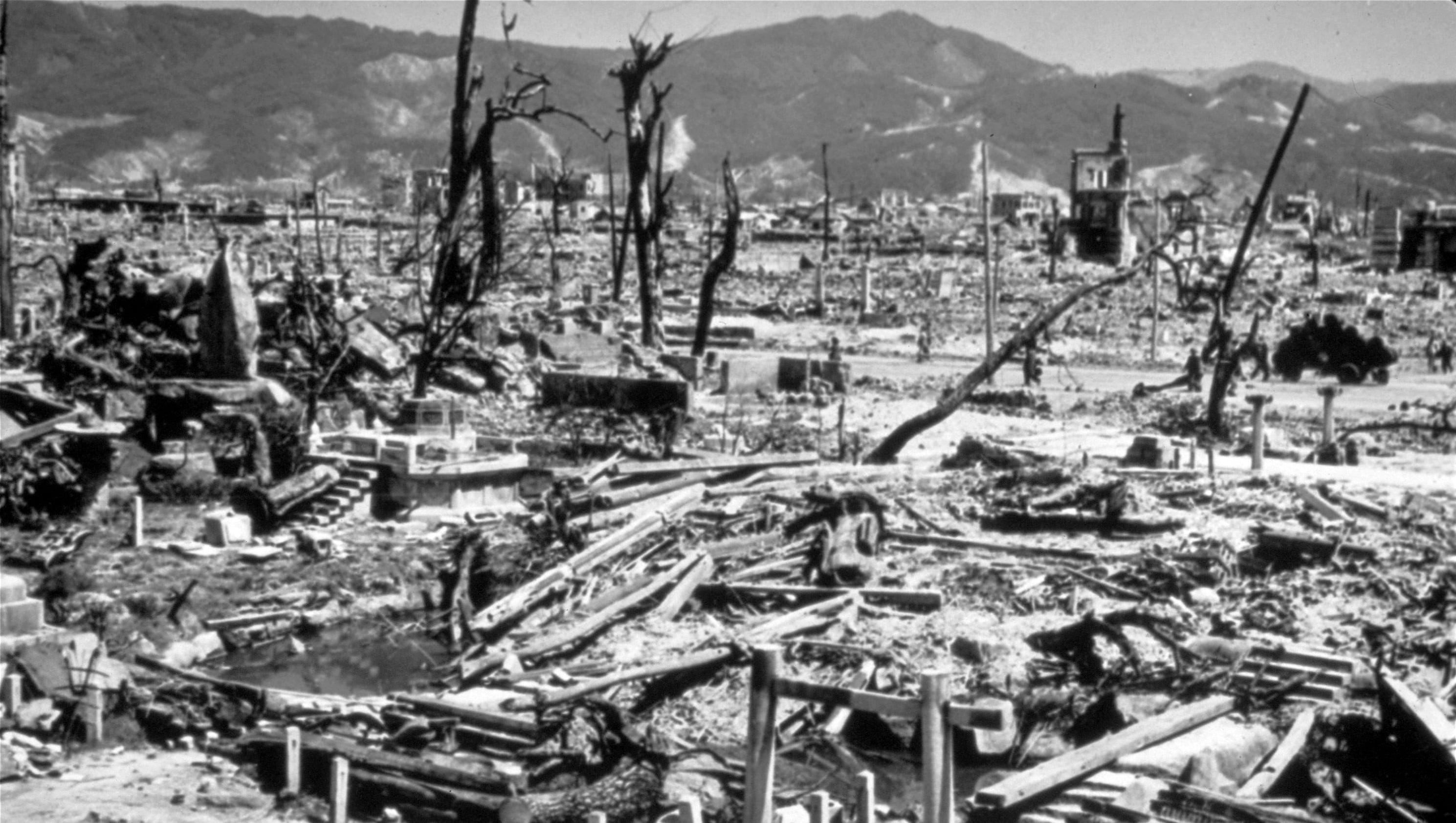Hiroshima Bombing Survivor’s Story Heads to the Big Screen
Hiroshima bombing survivor Tsutomo Yamaguchi is set to be the focus of a powerful upcoming film by acclaimed director James Cameron. Known for his blockbuster works like Titanic and Avatar, Cameron is now turning his attention to one of the most harrowing survival stories of the 20th century one man living through not one, but both atomic bombings of Japan.
A Life Caught Between Two Explosions
Tsutomo Yamaguchi, an engineer by profession, was in Hiroshima on August 6, 1945 the day the first atomic bomb was dropped. Badly burned, he survived by seeking shelter and managed to take a train the next day to Nagasaki, where he lived and worked. Just three days later, the second bomb fell.

Despite being injured and traumatized, Yamaguchi not only survived the Nagasaki blast but also helped others by warning them to take cover if they saw a sudden white flash. His advice saved several lives at the Mitsubishi plant where he was reporting for duty.
Yamaguchi remains the only officially recognized person to have endured both nuclear attacks. He passed away in 2010 at the age of 93.
Cameron’s Vision for the Hiroshima Bombing Film
Director James Cameron recently spoke about why he feels compelled to tell Yamaguchi’s story. He expressed disappointment in how other films, including Christopher Nolan’s Oppenheimer, portrayed the atomic bombings. Cameron said he intends to show the human consequences of the Hiroshima bombing and its aftermath in a raw and emotional way.
His upcoming film is inspired by the book Ghosts of Hiroshima and will explore not only the historical facts but also the personal impact on those who lived through it. Cameron described meeting Yamaguchi years ago, recalling him as “a living skeleton” whose inner strength and message of forgiveness left a lasting impression.
A Story of Humanity, Not Just History
Cameron shared that Yamaguchi’s message wasn’t one of hatred or vengeance. Even after witnessing unimaginable destruction, he chose to speak publicly about peace, forgiveness, and the need to prevent future nuclear tragedies. Cameron wants this emotional depth to form the heart of his film. Also Read: Westside and Zudio is Strong Q1 Performance Signals Steady Growth for Trent
While the director expects the movie might not break box office records like his Avatar franchise, he insists its message is more important than profit. “This might be the least commercially successful film I’ve ever made,” he said, “but it could be the most meaningful.”
Not a Political Statement, But a Human One
Cameron also clarified that the film won’t be political. Instead, it aims to reflect on the human cost of war and the resilience of the human spirit. He wants to portray the horrifying reality of what happened during the Hiroshima bombing, much like Steven Spielberg did for the Holocaust in Schindler’s List or Saving Private Ryan.
The film’s intended ending will remind viewers that today’s nuclear weapons are thousands of times more powerful than those dropped on Japan in 1945. It’s a sobering fact meant to provoke reflection and responsibility.
Conclusion:
Through the lens of Tsutomo Yamaguchi’s story, James Cameron hopes to reignite global empathy and awareness of the devastating impact of nuclear warfare. With the Hiroshima bombing as its core, this upcoming film is expected to be a haunting, emotional, and necessary cinematic experience.

